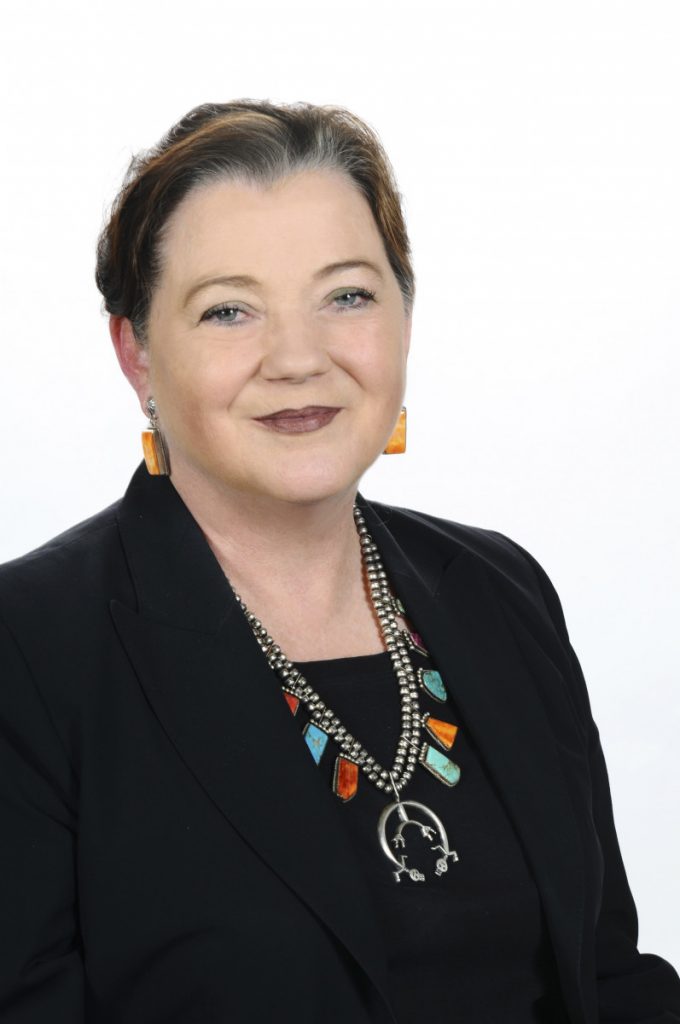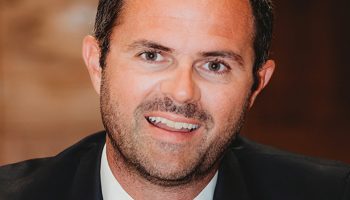MAX ZAMBRANO – STAFF WRITER

What is “post” about postliberal theology? Nancey Murphy, with her late husband, wondered that at a conference with several lectures dedicated to the subject.
“We realized these were philosophers who, in a sense, were redefining the questions that had plagued modern philosophy for 300 years,” she said.
Modern philosophers believed there needed to be a solid foundation in order to build knowledge, she said. Then, she went on, the American philosopher Willard Van Orman Quine helped question that.
Postmodern philosophers, like Quine, see knowledge more like a web or net in that it is all interconnected, she said.
“When we’re dealing with knowledge problems, we’re never starting from nothing and building all the way from the ground up,” she said.
Murphy, a senior professor of Christian philosophy at Fuller Theological Seminary in Pasadena, California, will present her lecture “We Are Our Souls: Multi-Aspect Monism in Christian Thought” at 1 p.m. Wednesday, Aug. 18 in the Amphitheater, the final Week Eight Interfaith Lecture themed “The Human Soul: Our Ineffable Mystery.”
Murphy has given over 200 lectures around the world, including in Iceland, South Africa, China, Australia, Russia and Iran. She has written and edited dozens of books and volumes. In 1992, she won the American Academy of Religion award for excellence for her first book, Theology in the Age of Scientific Reasoning.
She will use postmodern philosophy to tackle this week’s theme. One way to think of postmodern philosophy, she said, is language.
The word “dog,” for example, is the familiar four-legged furry pet — this is simple, she said.
“What about when you get to abstract concepts?” she said. “What do they refer to? How do we get their meaning? The answer is not to think of the word over here on one side and language over there on the other.”
It’s to recognize language itself as a part of our world. They are already interwoven. It’s not ever a problem of starting from scratch. … It’s a problem of finding words.”
For her lecture, Murphy said there will be overlap with Ori Soltes’ Interfaith Lecture from Monday (see Page 5).
In the first section, she will discuss the soul in Christianity from Biblical times through the rest of the millennium.
Biblical scholars believed the soul was not separate from the body, but rather a part of a whole person’s being, she said, making it a monistic viewpoint instead of dualistic. She will then discuss how this was later influenced by Greek philosophy, putting a dualistic lens on Christian teaching.
Catholics were influenced by Aristotle, Murphy said, who believed plants and animals had souls which had similar aspects as a human soul. Plants provide the powers for growth and reproducing, and animals provide desires like thirst and emotions, she said.
Protestants and Catholics carried on this teaching until the beginning of the 20th century, she said, when Biblical scholars realized the same word could have different interpretations by people who lived centuries apart, she said. They thought life after death meant bodily resurrection.
Today, people question if humans even have souls.
“Do we actually need to have a soul to explain our abilities?” Murphy said. “Or is it just because we have such an incredibly complex, flexible brain in such complex cultures, with a long history of thinking in various ways?”
Her second section will answer the question of how humans started believing in an inner spirituality rather than bodies acting in the world, she said.
Murphy will also discuss near-death experiences, like Interfaith Lecturer Bruce Greyson did on Tuesday, and whether that idea supports dualism.
Postmodern philosophy may help dispel some mystery with the soul, she said.
“The soul is only a mystery if you don’t know all the history,” Murphy said. “What is really the mystery is: What does it mean to be resurrected?”




